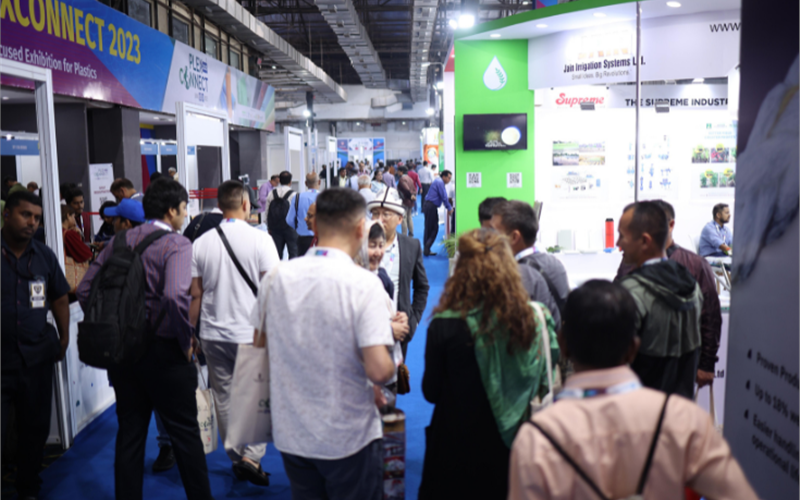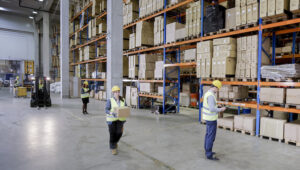
As the world grapples with mounting environmental concerns, industries gravitate more towards environmentally friendly practices. One industry that stands out due to its ecological footprint is the plastic industry. Several players in this industry are now adopting sustainable practices concerning plastic production and exports. All the efforts are aimed at enhancing sustainable development.
All plastic production and export practices are gradually being modified to become more environment-friendly, making way for a greener future. The upcoming PLEXCONNECT 2024, an Indian plastic exhibition, is also moving towards sustainable practices. Continue reading further to know more about these practices and events.
Best Practices in Sustainable Plastic Production and Exports
Following innovative scientific advancements, the plastic industry, especially the Indian plastic industry, has used eco-friendly practices for production and exports. The top practices include:
-
Utilising Recycling Process in Plastic Production
Recycling is an integral part of the plastic production cycle. Plastic waste generated during production can be recycled and reused in the system, reducing the need for new plastic materials. It helps reduce the plastic waste sent to landfill sites. Producers or manufacturers of plastic products can also establish a closed-loop system where plastic waste is collected and sorted, then circulated back into production. This leads to a more sustainable and efficient production system.
-
Implementing Energy-Efficiency in Plastic Manufacturing
Plastic production consumes a lot of energy, usually from non-renewable sources. However, more sustainable practices have been designed after identifying the adverse ecological effects. Plastic manufacturers in India and around the world are now curating technologies to reduce their carbon footprint and optimise energy consumption. For instance, they are using more renewable energy sources in plastic production, improving equipment efficiency to reduce energy consumption, etc.
-
Choose Sustainable Packaging for Exports
Regarding plastic exports, shipments used to be overpackaged to endure long journeys. This resulted in the overuse of plastic, leading to enhanced plastic waste and adding to environmental concerns. Thus, exporters have started using more sustainable packaging solutions, like biodegradable packaging products. Thus, it has greatly helped reduce plastic waste stemming from plastic exports.
-
Comply With International Environmental Standards
Exporters must ensure that they comply with and adhere to international environmental standards so that plastic is handled, disposed of, and recycled in an eco-friendly way. For instance, per the Basel Convention international treaty, all transboundary plastic waste and scrap will be subject to its prior notice and consent. Thus, plastic exporters dealing with the same have to comply with the rules and regulations set therein.
PLEXCONCIL: Promoting Sustainable Plastic Production and Exports
A non-profit organisation, PLEXCONCIL is the apex body concerning the plastic industry in India. It promotes bilateral trade opportunities for Indian and international plastic industries. Also, it aims to make plastic production and exports more environment-friendly by harnessing sustainable practices. So, if you look forward to the same, attending the PLEXCONNECT event in 2024 is a must.



